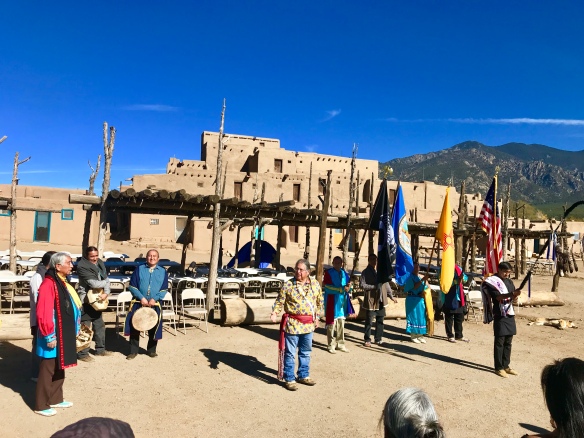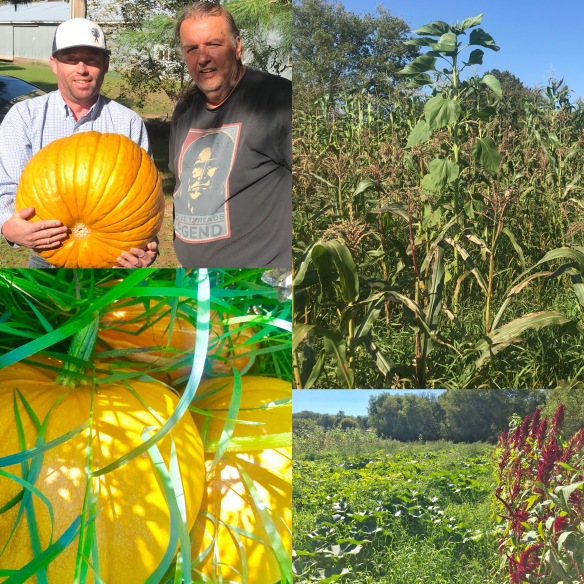The 2018 Farm Bill legalized hemp production and transport, spurring major interest from many Tribes and individual producers. Like any agricultural endeavor, prospective growers must evaluate production and market feasibility.
- Do you have the capacity to grow a viable crop (land, equipment, knowledge, seeds, etc)?
- If so, do you have market outlets for the raw harvested crop or do have processing capacity to turn that crop into value added products?
Local extension agents may have some information, but the novelty of this new production opportunity creates knowledge gaps. The following study completed by the Congressional Research Service offers an overview of market and basic production information, as well as references to additional resources. Some highlights of the document include:

“Most researchers acknowledge the potential profitability of industrial hemp, but also the potential obstacles to its development. Current challenges facing the industry include the need to re-establish agricultural supply chains, breed varieties with modern attributes, upgrade harvesting equipment, modernize processing and manufacturing, and identify new market opportunities.
In the past two decades, researchers at the USDA and various land grant universities and state agencies (for example, Arkansas, Kentucky, Maine, Minnesota, North Dakota, Oregon, and Vermont; see Appendix A) have conducted several feasibility and marketing studies. More recent available market reports indicate that the estimated gross value of hemp production per acre is about $21,000 from seeds and $12,500 from stalks.” (Page 6)





































